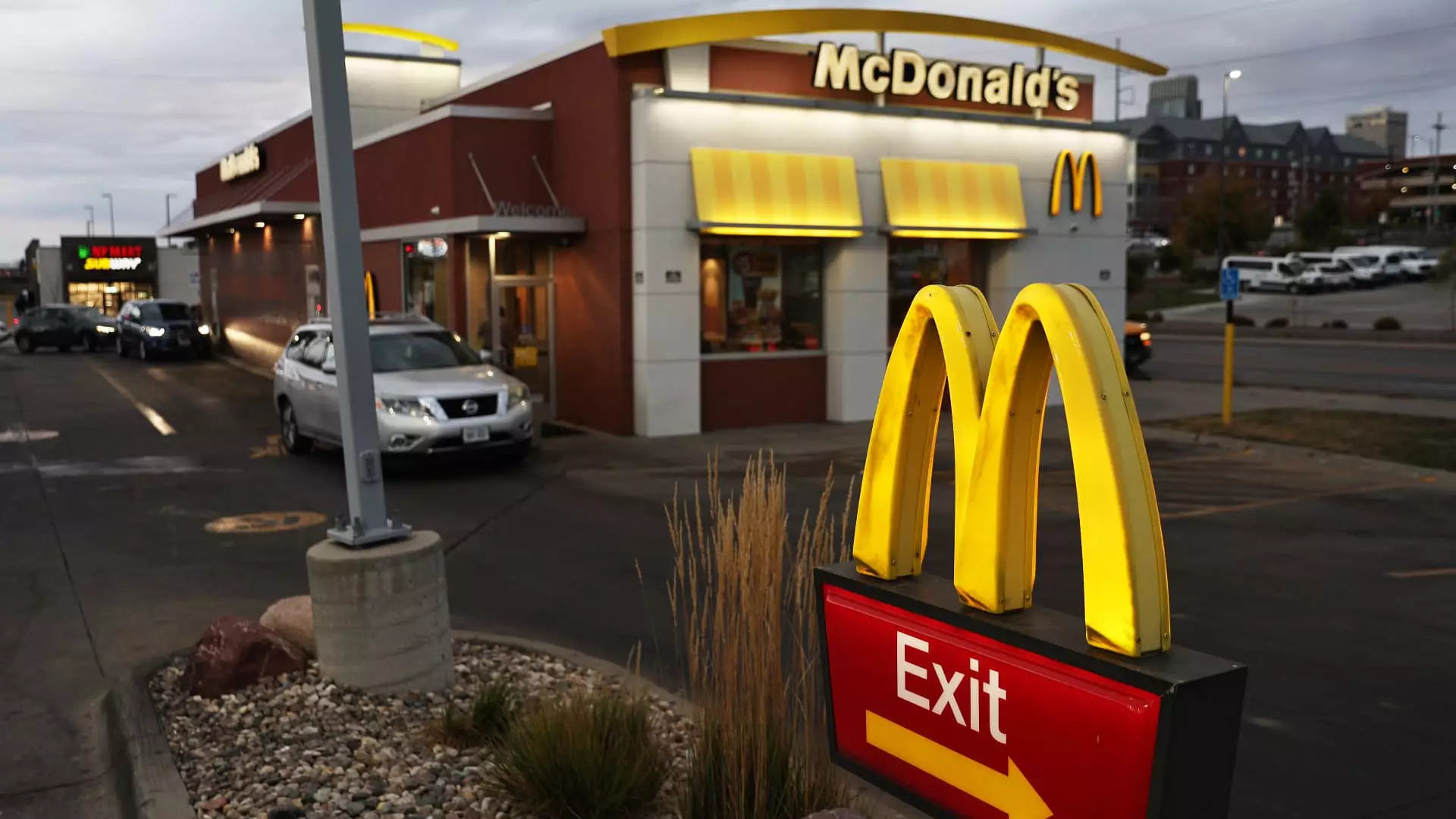The stock market is often a delicate dance where perceptions can shift drastically based on quarterly earnings and guidance. In this regard, several major companies recently made headlines, reflecting diverse financial health and market responses. This article will explore notable movements among these companies, analyzing their short-term projections and long-term viability.
VF Corp, the parent company of well-known brands like North Face and JanSport, experienced a notable surge in stock price, appreciating nearly 20%. This rise was attributed to its stronger-than-expected fiscal second-quarter results, where the company reported adjusted earnings of $0.60 per share against a backdrop of $2.76 billion in revenue. Analysts had anticipated a lower performance, forecasting earnings of only $0.37 per share and revenues of approximately $2.71 billion. Furthermore, VF Corp declared a quarterly dividend of $0.09 per share, indicating confidence in its cash flow despite global economic uncertainties.
This positive financial outcome suggests that VF Corp has managed to navigate the turbulent waters of retail and outdoor sporting goods with considerable adeptness. Their ability to provide such strong earnings amidst a challenging consumer environment speaks volumes about their brand strength and operational efficiency.
In contrast, Ford Motors faced a significant decline, with its shares falling 7% following a guidance update that pointed towards the lower end of its previously announced full-year earnings forecast. Although the automaker slightly exceeded analysts’ expectations for third-quarter earnings, the broader picture remains troubling. Ford anticipates an adjusted EBIT of around $10 billion; however, this comes amid increased inventory levels and flagging demand for its vehicles.
The automotive space is inherently volatile, especially with shifting consumer preferences and the ongoing transition towards electric vehicles. Ford’s challenges reflect deeper trends in the market and present a cautionary tale about balancing innovation with consumer demand.
On a brighter note, Cadence Design Systems demonstrated robust performance, with its stock increasing over 5%. The electronics design firm’s earnings for the third quarter reached $1.64 per share on revenue of $1.22 billion, surpassing analyst predictions. This achievement not only reinforced investor confidence but also propelled the company to raise its earnings guidance for 2024.
Such growth in the tech space highlights a shift towards digital solutions and innovation, suggesting a healthy appetite for design and engineering software. Cadence’s success underlines a growing trend where technology companies can thrive even as other sectors grapple with uncertainty.
F5’s achievements in the cloud services domain led to a surge of over 10% in its stock price, driven by strong quarterly earnings that outperformed expectations. In stark contrast, BP saw its shares slide by more than 2% despite exceeding consensus estimates. BP’s third-quarter underlying profit of $2.3 billion, while better than anticipated, still showed a decline from prior quarters, illustrating the fragility of the oil market in a swiftly changing energy landscape.
The variances in performance underline the different challenges facing each sector, particularly as consumer and environmental sentiments evolve. F5’s solid results juxtaposed against BP’s struggles highlight an industry shift fueled by digital transformation and green energy initiatives.
Despite beating third-quarter earnings expectations, McDonald’s stocks fell more than 2%, an unexpected reaction that may indicate market concerns about future growth. Similarly, Pfizer’s shares rose slightly after the pharmaceutical giant issued better-than-anticipated earnings while raising its forecasts, primarily due to anticipated sales gains from COVID-19 products.
These developments in fast food and pharmaceuticals raise fundamental questions about sustainability—can these giants maintain their growth in a post-pandemic market saturated with competition and shifting consumer habits?
As this overview of significant companies reveals, the stock market is a complex arena where success can often lead to volatility. Companies such as VF Corp and Cadence Design Systems exhibit resilience and adaptability, while traditional firms like Ford and BP are wrestling with pressures beyond their control.
Investors must remain vigilant, considering not just quarterly results but also the broader economic and market dynamics that influence these outcomes. As we look ahead to future earnings reports, the lessons learned today will be critical in shaping investment strategies and navigating the increasingly intricate stock market landscape.

